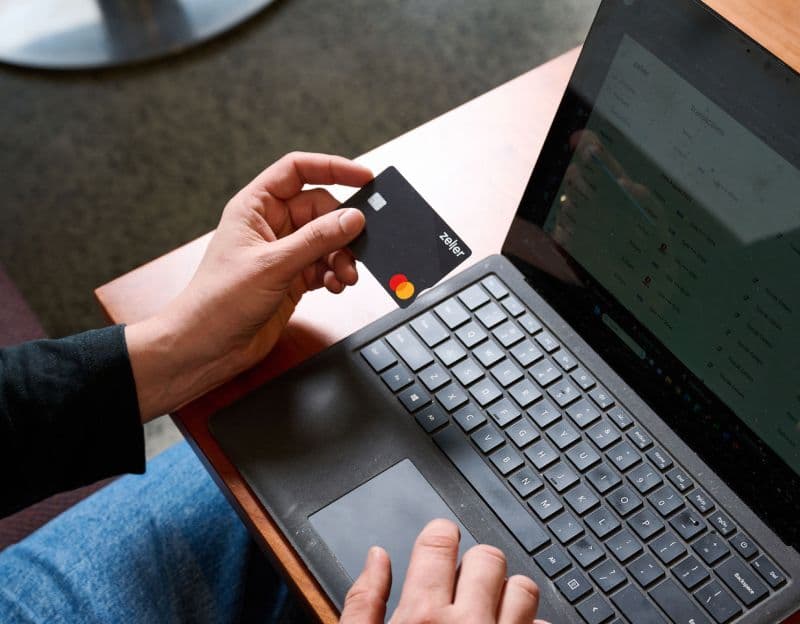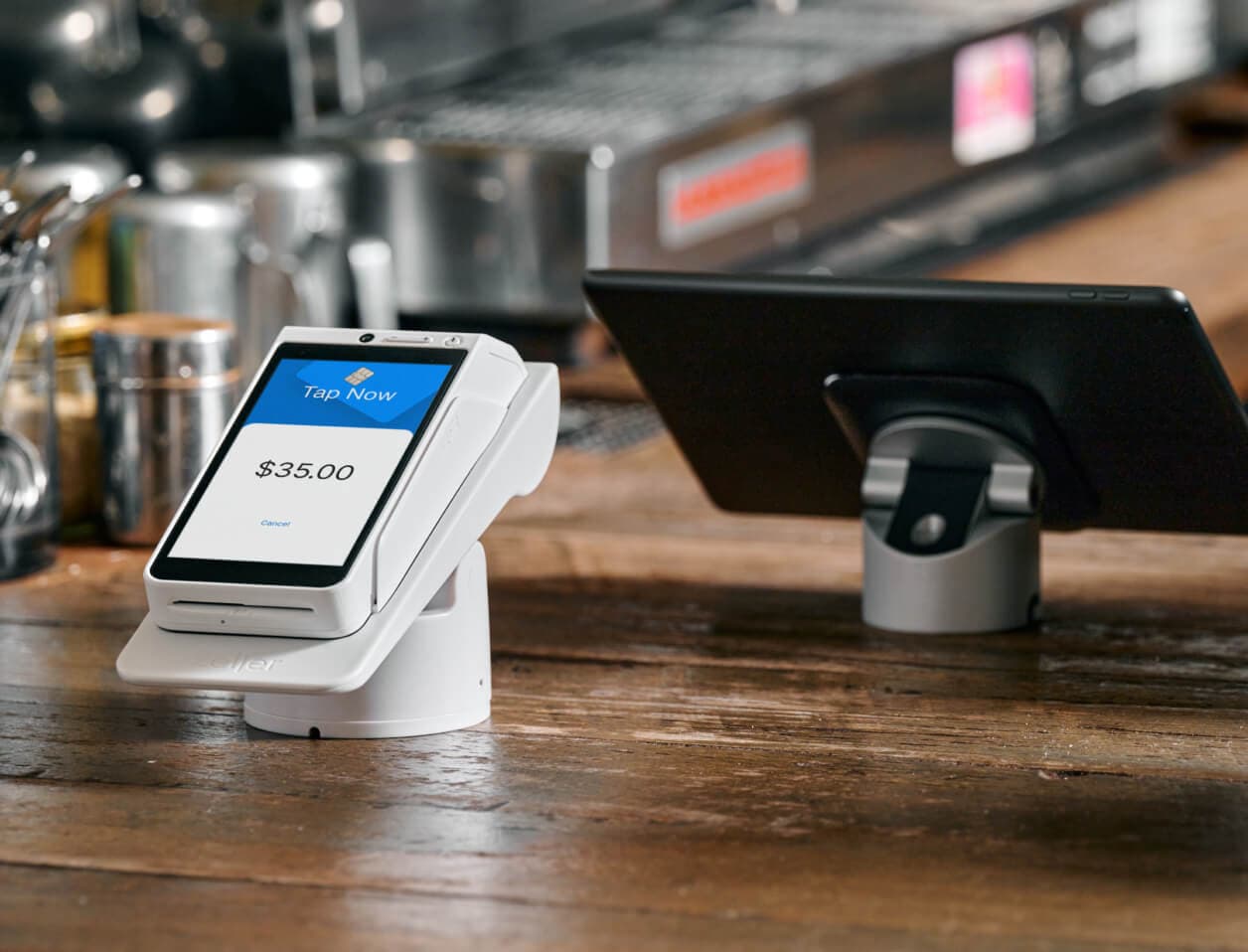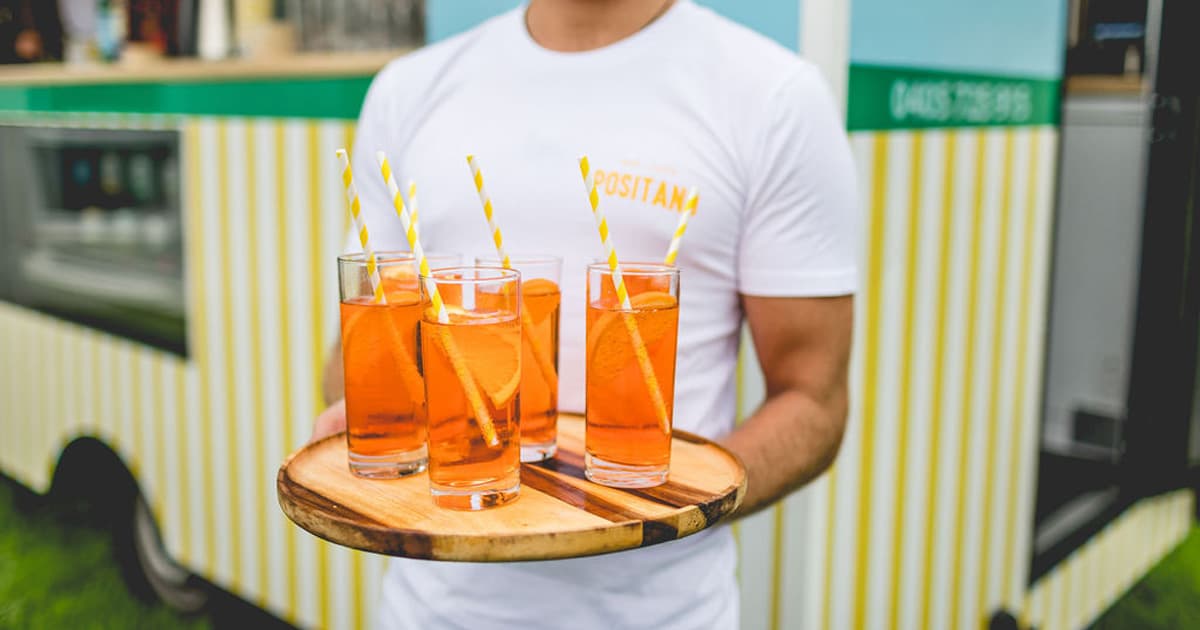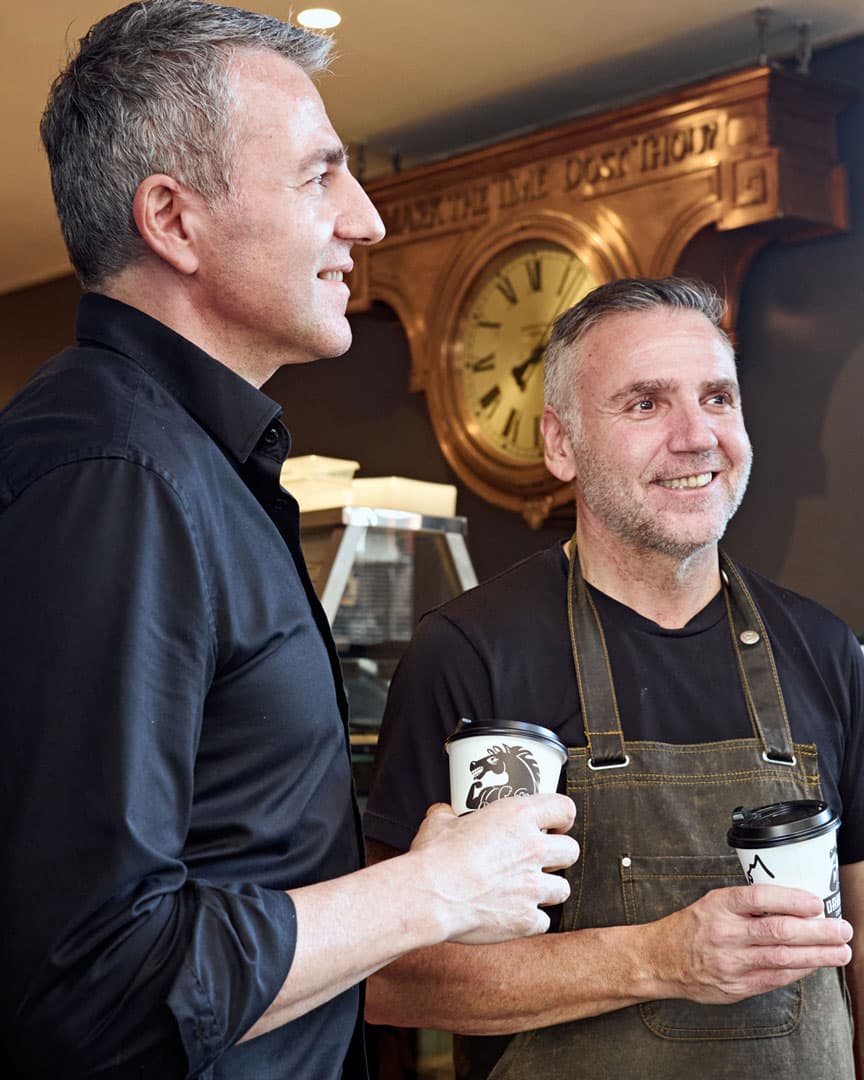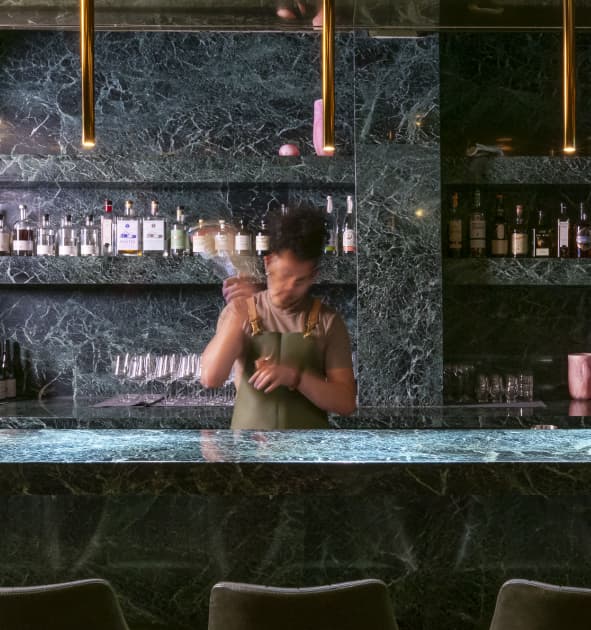
- Case Studies
Meet The ‘Little Guys’ Shaking Up Big City Hospitality
The Coupette Group is playing in a progressive corner of the industry.
Opening a new bar in the culture capital of Australia is no easy feat. Known for its plethora of quirky cocktail bars, hidden haunts and underground taprooms, the bar scene in Melbourne is arguably the most competitive in the country. With a bar or pub on almost every street corner of the inner-city suburbs, it takes something special — groundbreaking, even — to stand out from the rest.
The Coupette Group is a Melbourne-based hospitality group “focusing on bringing true hospitality to those around us”. Their portfolio spans well-known The Woods Cocktail Bar, and recently opened Pomelo Rooftop and Bouvardia, widely considered one of the prettiest bars in the city.
With an entrance via a stairwell on Melbourne Place and panoramic views of Melbourne’s skyline, Pomelo Rooftop is an 80's Miami Art Deco wonderland with a New York state of mind. Bright, cheerful and casual, guests are spoilt for choice with an alcoholic slushie machine, Moon Dog seltzers on tap, and seltzers canned in-house using ingredients from the venue below. Down a set of internal stairs, you’ll find the experimental cocktail bar Bouvardia — set in a mid-century inspired space, which had previously sat empty for a decade.
We spoke to Dom Gareffa — who has been managing both new venues since inception — about throwing out the rule book to create a sustainable, no-waste loop through their venues, and bringing warm, old-school hospitality back to Melbourne.
.jpg&w=1920&q=75)
The Coupette Group’s hospitality-first approach
Dom, who sharpened his tools at polēpolē before opening bar Trinket on iconic Flinders Lane, was previously part of the team at world-renowned Attica. It’s here that he learned to push boundaries with a refined elegance — which is easy to spot in the newest venue, Bouvardia.
“It gave me a huge push in terms of my learning development. It was the best restaurant in the country, and a steep change from running a cocktail bar,” he says. “That experience has informed a lot of things that I do here — implanting all those fine dining details.”
Having two diverse offerings under the one roof allows The Coupette Group to target two very different markets, while also giving guests a variety of options via one convenient, internal staircase.
“It’s very much juxtaposed in approach, with the same core values. There’s still a huge focus on local suppliers, service, and all those little fine details — just presented in a different way,” Dom says. “We focus on great drinks and providing great service.”
As a values-driven team, The Coupette Group didn’t want to be shackled with ideas of the way things should be. Rather, they wanted to explore what could be — without restriction.
“When we were conceptualising the place, it was very much a futuristic approach. We didn’t want to do things how we were taught. We threw out a lot of templates and rethought how we put together cocktails, how we choose staff, and how we manage people's work-life balance,” he says.
“Everything we do is about breaking the paradigms of the hospitality industry and rethinking how to do things properly.”
“That extends to our no-waste approach, our experimental cocktails, our style of service — everything. There’s detail in everything we do, everything is thoughtful. Our jugs and our trays, and everything to do with the venue. We know our suppliers, and our style of service is engaged and human in our interactions — not being transactional. All these little details build rapport and connections.”
It’s this desire to work with local, known suppliers that initially drew The Coupette Group to Zeller.
“Something very important to us is having local suppliers, and having that connectivity with our suppliers. Working with a bank that doesn’t quite understand us or see us is not something we were very comfortable with.”
Re-thinking the classics
The Bouvardia cocktails are experimental, with the seasonal menu favouring one-offs and custom creations over classic cocktails or twists on martinis.
“We’re very much focussed on a piece of produce or a process we want to use — a culinary process or a scientific process, and we base the drink around that. We want to be hyper-creative. The thing I’m most proud of is seeing some of our junior cocktailers come up with some cool drinks and adapting the processes we've taught them,” says Dom.
Offerings include the iconic Major Tom, made from lacto-fermented passionfruit, Marionette Blue Curacao and amazake cream (a fermented Japanese rice drink).
“It’s almost got a little cult following in Melbourne, and we’re proud of its longevity. Even though it is bright green and a little bit Instagrammable, it’s a super complex drink and there’s a lot of time that goes into it.”
This progressive approach to cocktails doesn’t stop on the second floor — it makes its way up to the rooftop. The Bouvardia menu has a direct influence on Pomelo Rooftop's offerings.
A zero-waste loop
Consumers and merchants alike are becoming increasingly environmentally conscious, and drawn to sustainable practices — something The Coupette Group takes seriously.
“It was important to us to come up with a sustainability program because we feel that we have a responsibility. Running such a large venue in the CBD, you always have a huge footprint — so it’s important to come up with ways to combat that,” says Dom.
For Bouvardia and Pomelo Rooftop, that means reducing food waste.
“Any waste product from our cocktail list will get reused in our seltzers upstairs, at Pomelo. For example, if we’re infusing fig into spiced rum, that fig will go through a second fusion and get made into a seltzer."
Rather than be a secondary thought, this zero-waste loop is considered right from each cocktail's inception.
“Part of the process is working out what we do with the waste, or how we minimise waste, and having that as a thought when we’re making a drink — rather than just chucking it in there and not thinking about the husks or any wastage of our drinks.”
It’s not something that’s pushed, but if you ask staff, they’re more than happy to explain the process.
“We weren’t particularly worried about the marketability of it, because it’s something that every venue should do. It shouldn’t be a selling point.”
Making the customers feel like rockstars
Hospitality is central for The Coupette Group. As Dom explains, what sets a venue apart — beyond its inventive offerings — is its service. The way a customer feels leaves an impression that lasts far longer than an evening.
“From how we greet people, to how they walk out that door — and paying that bill and having that transaction at the end is incredibly important to be smooth and sleek. It’s really important they walk out of here with a really incredible impression of us, and that is down to how we interact as well as tiny, tiny details,” he says.
Integrated EFTPOS is a vital part of hospitality. The ease with which a customer is able to settle up can elevate (or tarnish) the entire experience. For the Bouvardia and Pomelo Rooftop teams, it’s all about making the process easy for customers.
“The biggest thing is ease of service,” Dom says.
“Whether it’s at the table or at the bar, we can just hit a button on our point-of-sale and it pops up on Zeller, and looks beautiful.”
“The graphics are fantastic. We can quickly generate bills and take payment at the table, and we’re not stuffing around with manual charges or connecting the systems or linking up numbers.”
Of course, aesthetics played a part in The Coupette Group’s decision to choose Zeller as its preferred merchant services provider.
“Everything we do here is based around how it affects our service, so if we can pick up a machine that’s pretty-looking, drop it at the table really quickly and take payments really quickly — that’s positive. If you’re getting a sticky bank terminal on your table, it makes a huge difference to service. Detail is everything here.”
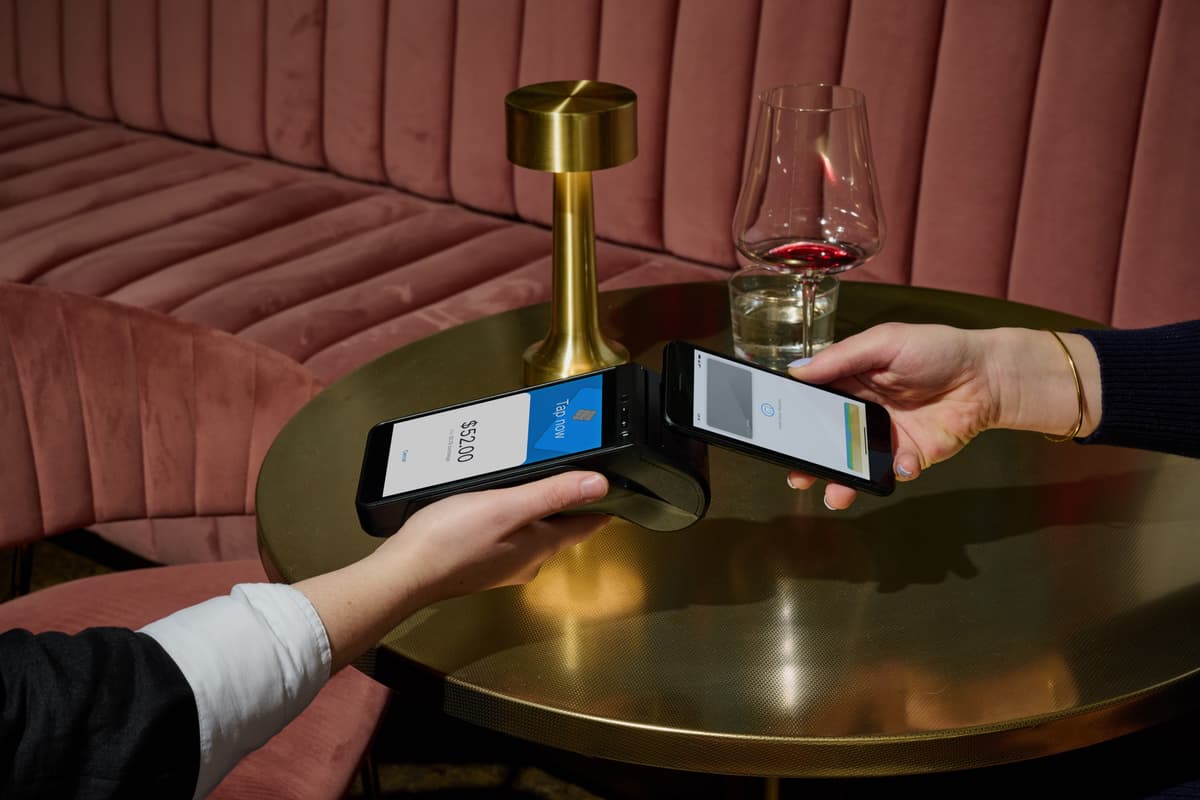
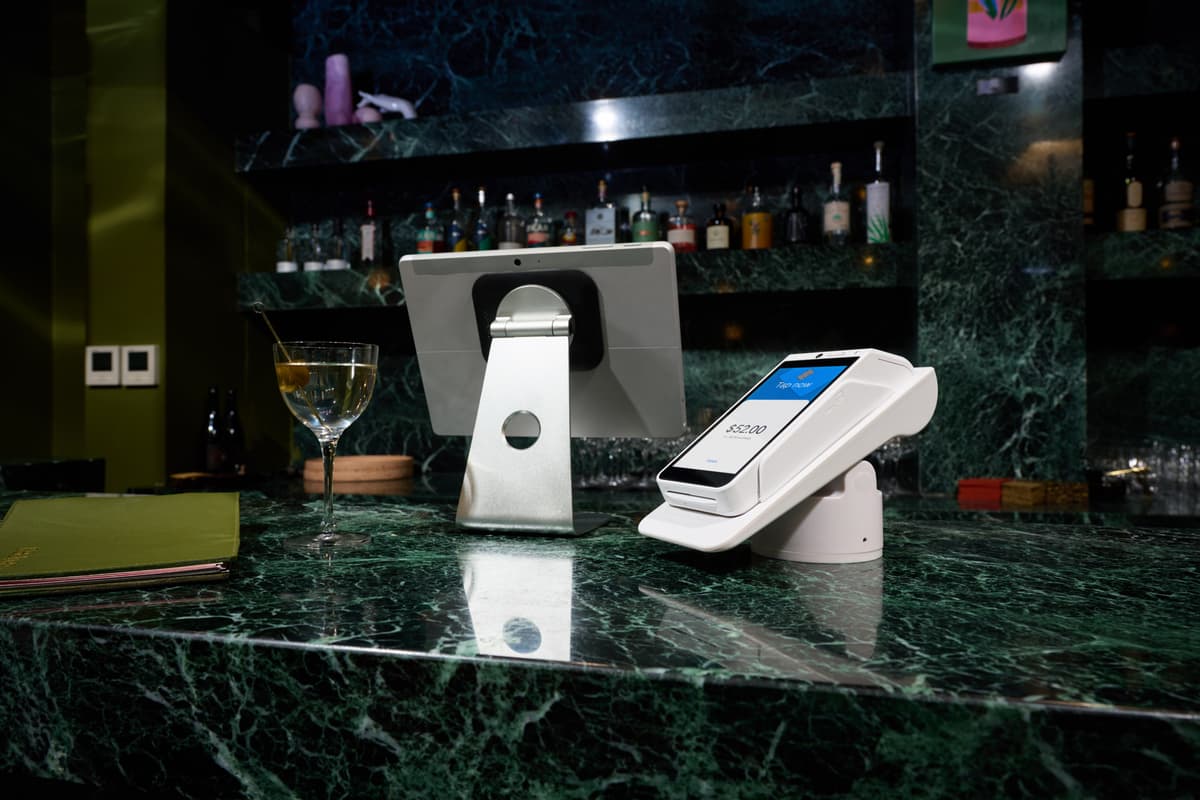
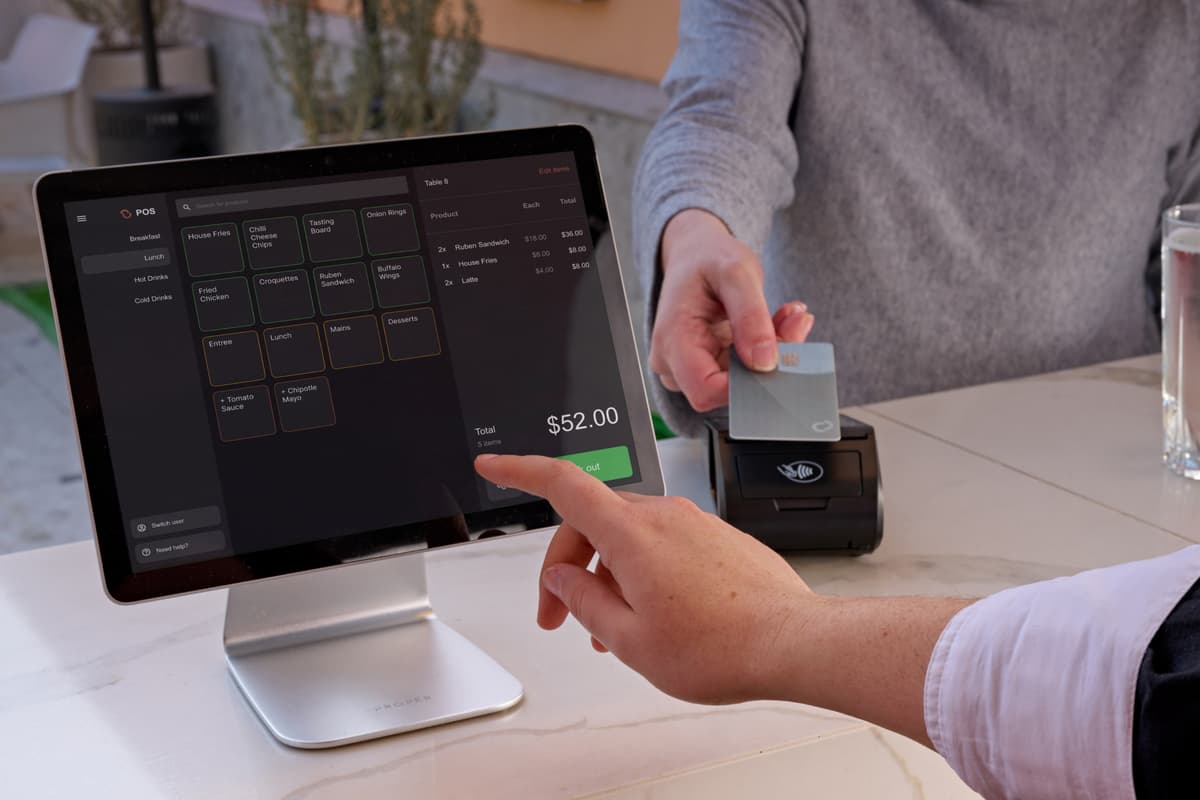
Breaking into the Melbourne hospitality scene
Dom describes the process of opening a cocktail bar in Melbourne, Australia’s hospitality darling, as incredibly challenging. The team were just finding their groove as the city was shuttered.
“The challenges of lockdowns — for five months of our first year — made it difficult to restart, and we never got the momentum that we usually would in our first year of business,” he says.
“The challenge in the CBD at the moment is that we’re up against a lot of big hospitality groups. We are very much ‘the little guy’ in the market, so it’s important to be able to offer something very different to everyone else. It was quite hard, but I think our approach to service and our approach to drinks is unique.”
It’s these changes in the hospitality scene that Dom is excited to see gain momentum.
“There is definitely a progressive corner of our industry that is doing things differently, especially post-covid. Bars that are doing creative things with modern spaces — like what we bring to the table. It’s exciting to see independent businesses, bar-tender owned businesses, that are really pushing the big hospitality groups in terms of that market share. I think at the moment there is a little bit of a battle between the big groups and the smaller operators, but I’m looking forward to seeing the creativity born out of these groups.”
